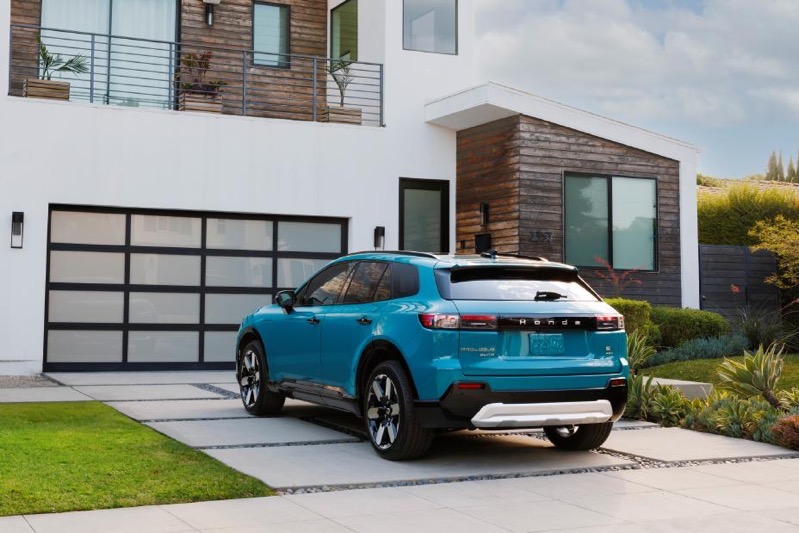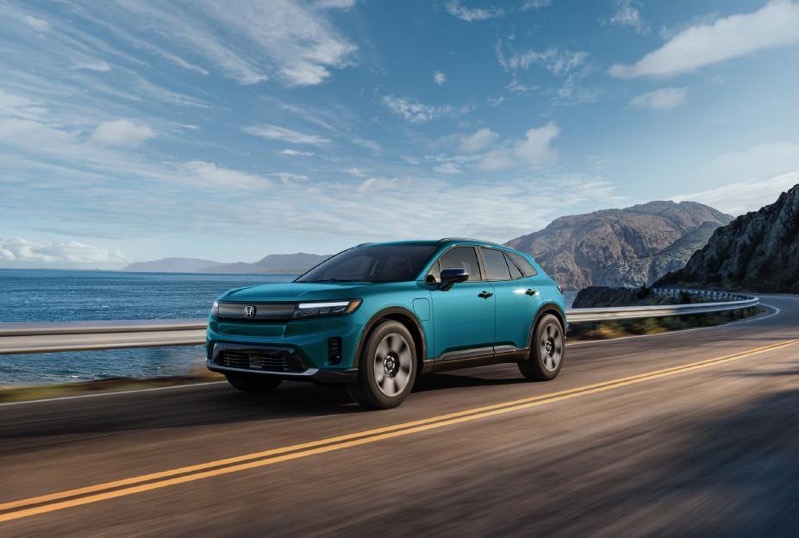
Honda Plans $14 Billion EV Factory in Canada: Report
Honda is considering a significant expansion of its electric vehicle (EV) production capabilities in North America, with a potential $14 billion investment in a new EV plant in Canada, reports Nikkei.
This move would mark one of the Japanese automaker’s largest investments, as it seeks to compete with U.S. and European rivals in the EV market.
The proposed facility, which may include in-house battery production, is being planned for a location possibly adjacent to Honda’s existing automobile factory in Ontario. A decision on the site is expected by the end of 2024, with the plant potentially becoming operational as early as 2028.
This development follows Honda’s plans to start EV and battery production in Ohio, USA, in 2026. The Canadian plant, if realized, would be Honda’s second EV manufacturing site in North America.
Canada’s recent policy to phase out sales of new gasoline or diesel-only passenger vehicles by 2035, coupled with its abundant renewable energy resources, has made it an attractive location for Honda’s EV production. The country’s low carbon footprint per unit of electricity generation is a key factor in this decision.
North America is a crucial market for Honda, accounting for about 40% of its global sales. With the company’s goal to have EVs represent 40% of its North American sales by 2030 and 80% by 2035, the new Canadian plant is poised to become a central production hub.
While Honda plans to mass-produce batteries in Ohio through a partnership with South Korea’s LG Energy Solution, the Canadian venture will see Honda manufacturing batteries independently. The company is exploring new technologies, including solid-state batteries, and may collaborate with partners for battery production in Canada.
Honda’s shift towards in-house EV production follows the cancellation of a plan to develop low-priced EVs with General Motors. The company will start selling EVs produced by GM this year but aims to increase its own EV production in the long term.
Despite signs of slowing EV sales in the U.S. due to rising interest rates, Honda is moving forward with its plans, anticipating long-term growth in EV demand. The Biden administration’s target for EVs to comprise half of all new vehicle sales by 2030 and various state-level bans on gasoline vehicle sales by 2035 further underscore the market’s potential.
The U.S. government’s tax incentives for EV buyers, contingent on North American assembly and approved battery sourcing, could benefit Honda’s Canadian-produced EVs. By procuring key battery materials like lithium within Canada, Honda’s EVs could be eligible for these subsidies, enhancing their competitiveness in the North American market.


Please dear God, if there is a mindful one, don’t let the Canadian government get in bed with these laggards. Stellantis and VW should be enough of a warning of the wasted billions here. If the government wants to pour support into EVs and renewables, just take away all the FF subsidies and place emissions limits on ICEs, create ZEV credits. Honda doesn’t even make any EVs at all yet and the development phase will outlive their ability to stay solvent…no matter how much money they have thrown at them. By the way Canada, ZEVs are zero emission vehicles no ICE cars with tiny batteries. Pure EVs are the only zero emission vehicles on the market today and hydrogen? Fools don’t even go there.